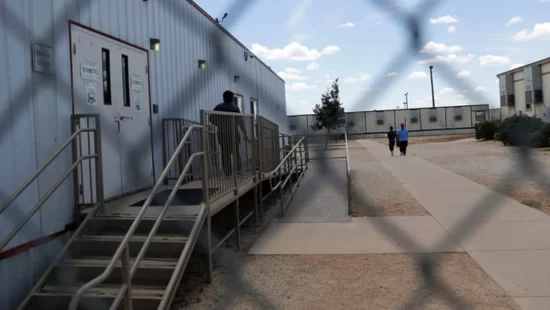Millions of Americans welcomed the end of the government shutdown — and the resumption of food stamp benefits — with relief. But others are learning they could soon lose federal food aid permanently.
Agriculture Secretary Brooke Rollins directed USDA staff during the record-setting 43-day shutdown to continue ushering states toward compliance with Republicans’ signature tax and spending law, which is projected to kick millions out of the nation’s largest anti-hunger program in the next few months.
Those changes, combined with other provisions in the new law, will represent the most significant cuts to the social safety net in decades. And it all comes as low-income families are confronting stagnating wages that aren’t keeping up with the skyrocketing cost of living — an issue that some Republicans blamed for their losses in off-year elections this month.
The Supplemental Nutrition Assistance Program provides an average of $6 per day for nearly 42 million people, roughly 40 percent of whom are children. Under the new law, parents and older Americans will be required to meet stricter work requirements, and states will eventually have to share in the cost of SNAP benefits, which could force further program cuts, according to the nonpartisan Congressional Budget Office. Tens of thousands of legal immigrants will also lose access to the program under the law.
The loss of SNAP “was really stark during the shutdown,” said Dottie Rosenbaum, director of federal SNAP policy at the left-leaning Center on Budget and Policy Priorities. “But [the One Big Beautiful Bill Act] is the largest cut in the program’s history. That is also going to be really deeply felt.”
States have started notifying participants they will be subject to new, tighter work requirements, setting up a three-month countdown for people to comply or lose benefits entirely.
Some states, like New York and California, have waivers that lift work requirements in places with high unemployment rates, which are expected to slow the full impact. But certain lawfully present immigrants, including refugees, are being notified that they are no longer eligible for SNAP, effective immediately.








